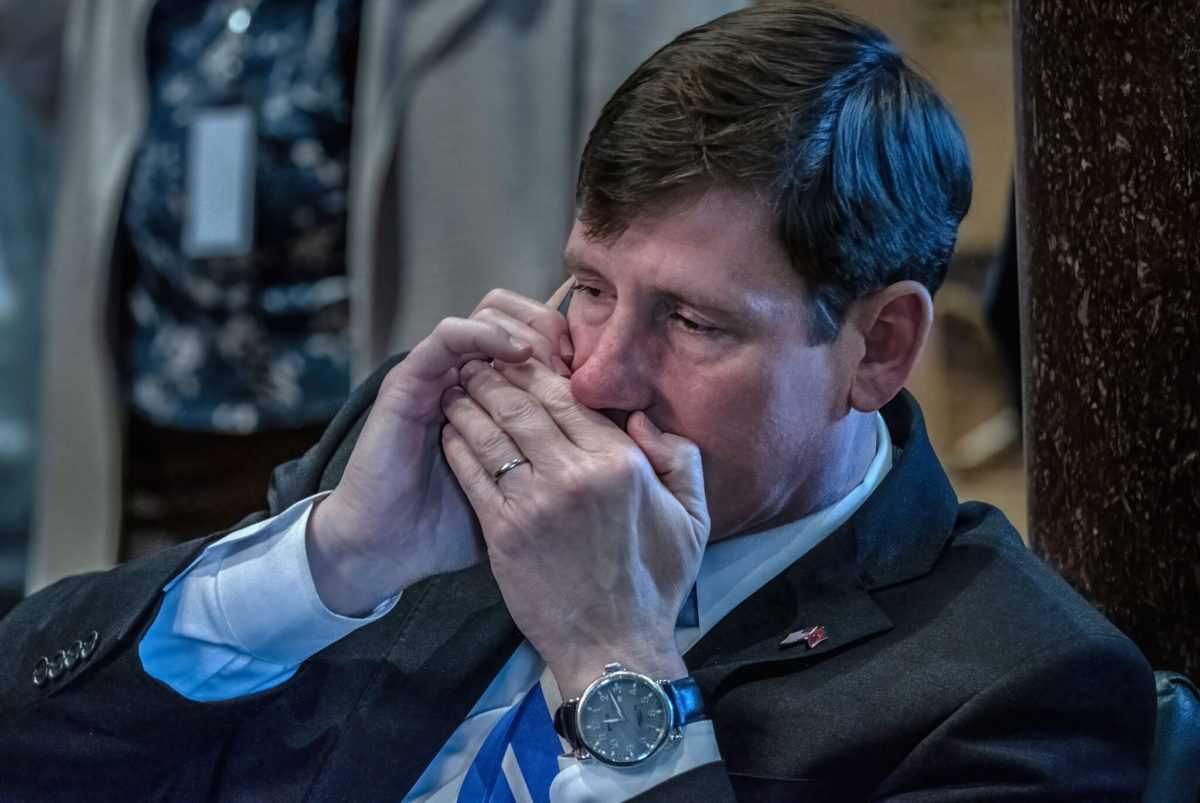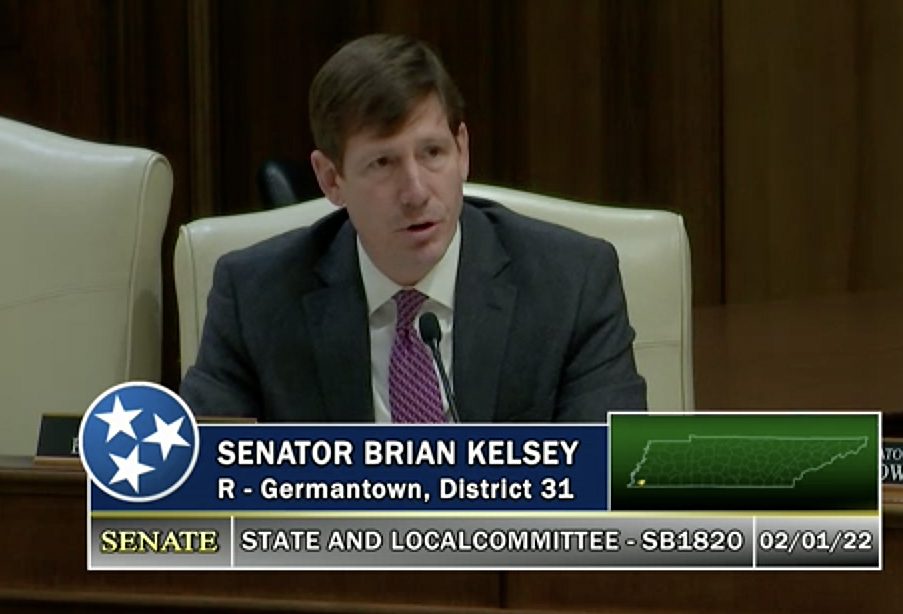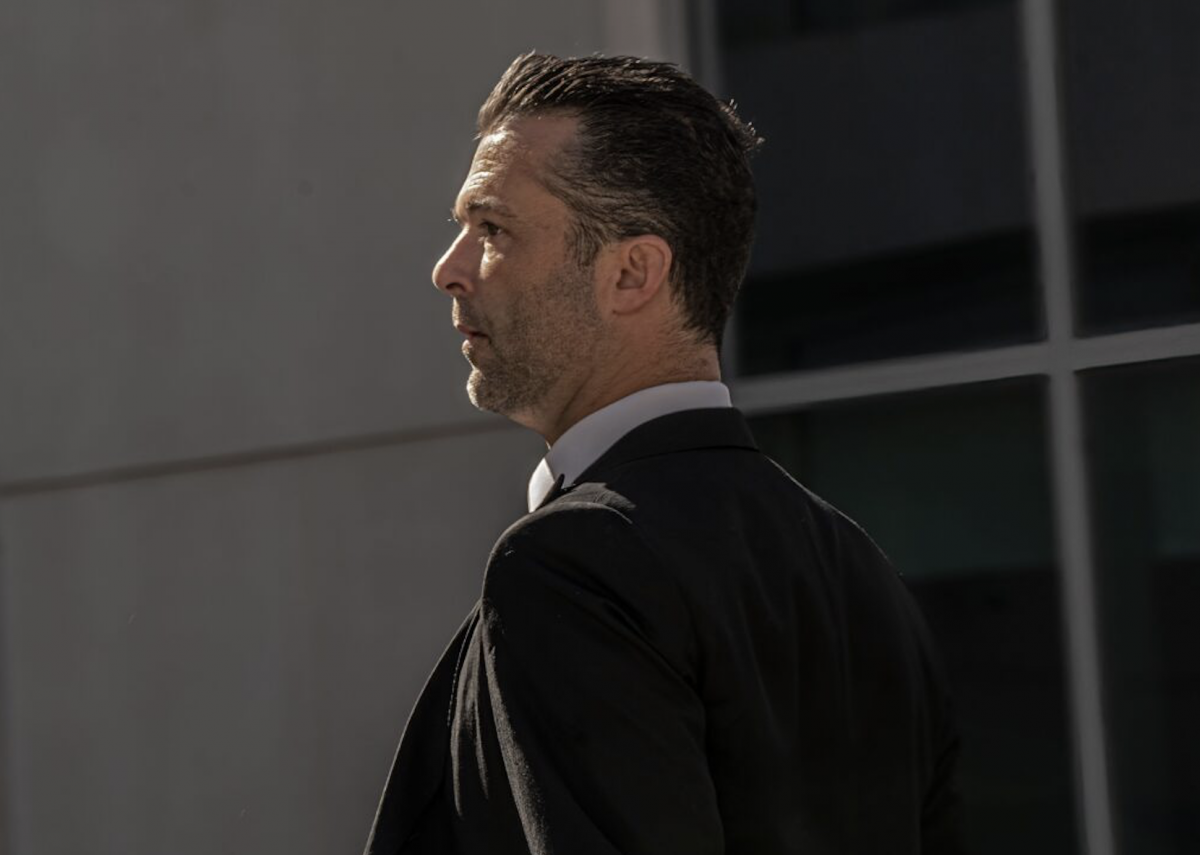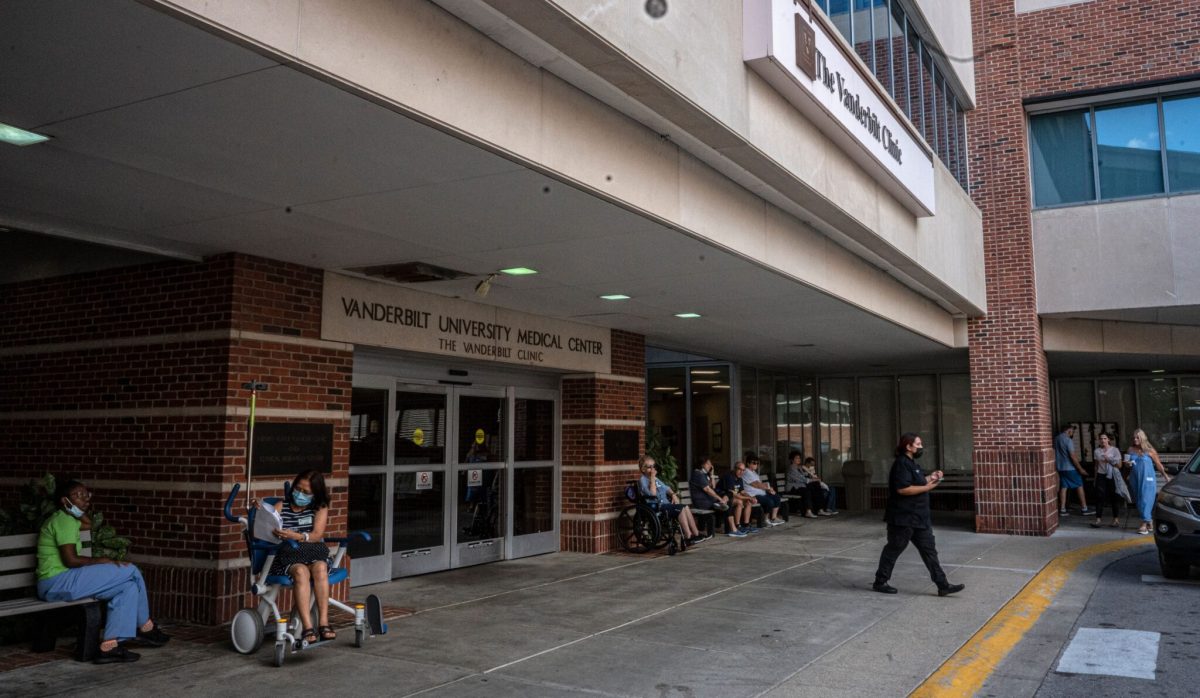Facing tens of billions of dollars in transportation project backlog, Gov. Bill Lee’s administration is proposing a patchwork of proposals designed to expedite work and raise more revenue, the most notable of which would institute toll roads or “choice lanes” built and maintained by the private sector through a state partnership.
The thinking is that Tennessee’s IMPROVE Act of 2017, a combination of fuel tax increases and vehicle registration fees, isn’t bringing in enough money to construct the roads and bridges needed to serve a state that grew by 9 percent over the last decade.
Tasked with finding alternatives to raising the fuel tax or taking on debt, Transportation Commissioner Butch Eley recently presented a list of options, including public-private partnerships on express lanes, creation of “choice lanes” on existing routes, raising electric vehicle fees, speeding up planning and bidding phases on construction projects and eliminating $34 million in unfilled Transportation Department positions and using that money to raise salaries for staff.
The response as the 113th General Assembly prepares to convene in January 2023 varies widely, with some lawmakers supporting and others raising questions.
“Mussolini liked those public-private partnerships. They called it fascism back then,” says Republican Sen. Frank Niceley, a Strawberry Plains farmer, referring to the early twentieth century Italian leader and the governor’s plan for toll or “choice lanes.” “I’m adamantly opposed to toll roads. Everybody in my district’s opposed to toll roads.”
Niceley points out that Texas adopted toll roads but mainly because it owed $20 billion for construction, in contrast to Tennessee, which holds no road work debt.
The Department of Transportation avoids the term “toll roads,” preferring “choice lanes” instead because motorists would have the option to use them and pay a rate to avoid slower traffic.
Other states use transponders to track vehicles’ use of “choice lanes,” but Tennessee hasn’t made a decision on how user fees would be collected here.
The Dallas, Texas area has a 100-mile TEXpress Lanes System of toll-managed lanes, with fees collected by the North Texas Tollway Authority through the use of three types of tags. Vehicles carrying more than one person can receive a 50 percent discount during peak travel periods during the week.
More than 60 managed price lanes exist in about 12 areas nationwide, mainly in California, around Washington, D.C., Florida, Texas, Atlanta, Charlotte, Seattle, Denver, Minneapolis and Salt Lake City.
Mussolini liked those public-private partnerships. They called it fascism back then.
– Sen. Frank Niceley, R-Strawberry Plains
The state points out on its Build With Us site that pricing managed lanes enables it to control congestion and help it keep pace with changing traffic volumes and “guarantee travel reliability.”
Getting into the details
The governor will need approval for any plan from the Legislature, as well as authority to set up multiple public-private partnerships for highway projects.
Tennessee officials are likely headed to Texas soon to see how its “choice lanes” and express system operate.
Lt. Gov. Randy McNally and House Speaker Cameron Sexton generally agree with Lee’s efforts to bolster the state’s road system and say they anticipate lively debate when the session starts.
“How quickly and efficiently people and goods can move across the state is directly related to our economic success,” McNally says. “I also agree that we should not abandon our pay-as-you-go system of road funding and that we must not increase the tax burden on our citizens.”
Says Sexton, “We must have honest discussions on infrastructure in our state to solve the traffic congestion issue. Those must include expansion of rail access, shortening the decades-long timeline to build roads, as well as looking at express lanes on our interstates in highly congested areas.”
Sexton doesn’t anticipate toll booths or mandatory toll roads but believes giving motorists the option to travel on an expressway will be considered.
The 2017 IMPROVE Act was projected to bring the state $1.081 billion from fiscal 2018 through fiscal 2022, and it is $5 million over projections. Yet gas tax revenue was down 4.4 percent through September and 2.5 percent through October this year, and state officials worry those dollars will continue to drop as electric vehicles take a bigger market share.
Thus, part of the proposal is to increase the $100 wheel tax on electric vehicles and bring it in line with the roughly $250 to $300 most motorists pay annually in fuel taxes.
The state has completed about 30 percent of the projects approved through the IMPROVE Act, and $16 billion worth of work remains. Another $26 billion of investments need to be made to deal with congestion across the state, according to TDOT.
Transportation officials haven’t put a dollar figure on the amount of money “choice lanes” would net. The idea is that a private company would invest its own money in the project and recoup expenses through fees.
State Sen. Becky Duncan Massey, chair of the Senate Transportation Committee, is willing to delve into the proposals because of the “exponential growth” in Tennessee and its impact on highways.
“The public-private partnership is looking at ways to build roads a little more efficiently, try to build them quicker, which saves us money,” Massey says.
“Choice lanes,” as long as they are an option and not the only way to reach a destination, are a “viable solution,” Massey adds.
Massey, a Knoxville Republican, says her daughters have used an Austin, Texas toll road that enabled them to arrive at work in 15 minutes compared to a free route that took an hour. Even though they had to pay, the shorter ride equated to savings, she says.
While most lawmakers want to dig into the details, state Rep. Pat Marsh, a Shelbyville Republican and trucking company executive who serves on the House Transportation Committee, is ready to move on the governor’s entire plan.
Traveling to Nashville from his home along I-24 is “horrible,” he says. And traffic in neighboring Murfreesboro is nearly as bad. He typically dreads driving anywhere.
“I’m proud that (Gov. Lee) is saying he wants to tackle that problem,” Marsh says. The influx of new residents in Tennessee and the rising cost of road construction, 50 percent to 100 percent more, are driving the need for new solutions, Marsh says.
He compares the matter to reforming the way the state pays for education, though the governor’s solution drew criticism from much of the education community.
Democratic state Rep. Sam McKenzie of Knoxville, also a member of the House Transportation Committee, recalls that former Gov. Phil Bredesen discussed the idea of building a toll road from the interstate to Gatlinburg. The proposal didn’t draw much Republican support.
“We already pay a lot in gas taxes and from a transportation standpoint our roads are in really good condition. I give us a B-plus,” McKenzie says.
But if a road can be built as an “optional path” for a direct route into a town, he would support it. On the other hand, McKenzie says he would oppose a toll road that would cost the same amount for a wealthy motorist and someone making $15 an hour.
In addition, McKenzie says fees for electric vehicles should not be raised to match the amount motorists pay in fuel taxes, noting an incentive should be kept in place to purchase EVs.
Tennessee Lookout is part of States Newsroom, a network of news bureaus supported by grants and a coalition of donors as a 501c(3) public charity. Tennessee Lookout maintains editorial independence. Contact Editor Holly McCall for questions: info@tennesseelookout.com. Follow Tennessee Lookout on Facebook and Twitter.




